
PdV Holding to end Aruba contract by mid-Mar

Citgo Aruba Holding (CAH), a subsidiary of Delaware-based PdV Holding, reached the transfer agreement with RdA, Dutch-controlled Aruba's owner of the 235,000 b/d San Nicolas plant, which was formally owned and operated by US refiner Valero.
An "amicable" termination agreement will be executed by 16 March, pending approval by Aruba's parliament, CAH said on 29 February.
A senior Aruban government official was more cautious. "This is only the beginning, but it is a start," the official told Argus.
The island's parliament will now move to prepare and pass legislation to enable the termination and finalize outstanding tax payments.
Under a long-term lease signed by late PdV chief executive and former Citgo Petroleum chief executive Nelson Martinez with the Aruban government in 2016, PdV had planned to refurbish the refinery to upgrade Venezuela's extra-heavy Orinoco crude into lighter synthetic oil. The $1.1bn project, which was managed by Houston-based Citgo Petroleum under a service agreement, would have helped to process Venezuelan crude production that exceeds the functioning capacity of upgraders and blending facilities at PdV's Jose complex in Venezuela.
CAH said it has been negotiating with Aruba's government to relinquish the project since April 2019, which is shortly after Venezuela's US-backed political opposition took administrative control of PdV Holding and Citgo Petroleum.
The termination agreement does not impact Citgo Petroleum's fuel supply contracts with Aruba, CAH said.
"PDV Holding and the Government of Aruba look forward to the development of future projects that will benefit the people of Aruba," CAH said.
The Aruba refurbishment project never gained meaningful traction. Amid repeated project delays, Aruba's authorities lacked confidence in Venezuela's ability to execute it. In September 2018, Aruba Prime Minister Evelyn Wever-Croes told Argus that the odds of project execution were "slim".
The project was unpopular with Citgo Petroleum's US management, and it never obtained approval by Venezuela's opposition-controlled National Assembly. PdV blamed the delays on US financial sanctions imposed on Venezuela in August 2017, followed by oil sanctions in January 2019.
Aruba is part of a Dutch Caribbean logistical network that PdV traditionally relied on to get its oil to market. The island remains a frequented transhipment site for cargoes en route to Venezuela on behalf of PdV.
Another Dutch Caribbean island, Curacao, recently ended a lease with PdV to operate its own refinery and terminal.
By Patricia Garip


Gold price eases after Trump downplays clash with Fed chair Powell

Copper price hits new record as tariff deadline looms
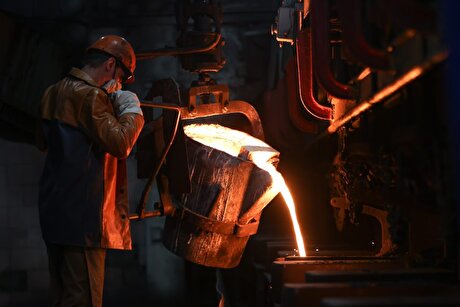
Brazil producers look to halt pig iron output as US tariff threat crimps demand
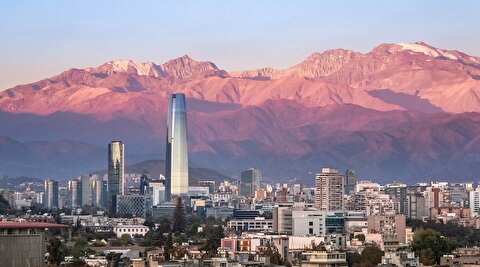
Chile’s 2025 vote puts mining sector’s future on the line

Gold price could hit $4,000 by year-end, says Fidelity
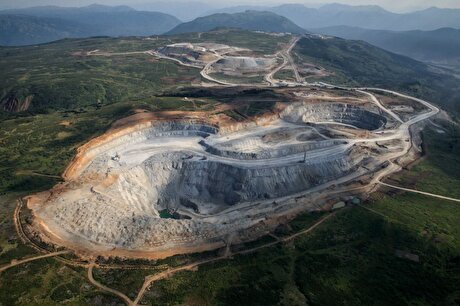
Three workers rescued after 60 hours trapped in Canada mine
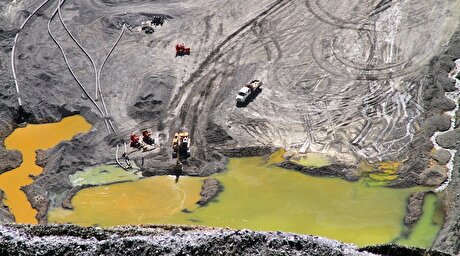
US targets mine waste to boost local critical minerals supply
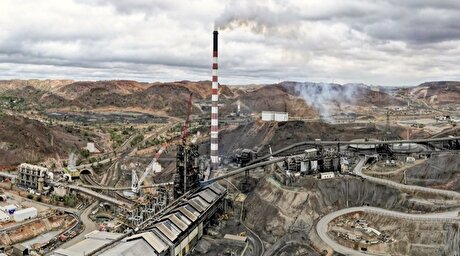
Glencore workers brace for layoffs on looming Mount Isa shutdown
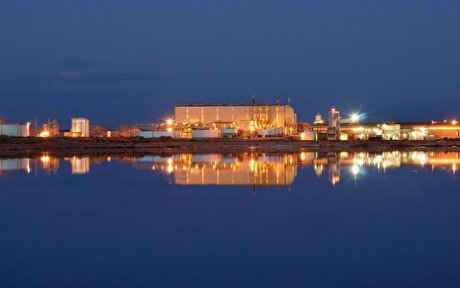
Energy Fuels surges to 3-year high as it begins heavy rare earth production

Trump tariff surprise triggers implosion of massive copper trade

Maxus expands land holdings at Quarry antimony project in British Columbia

BHP, Vale accused of ‘cheating’ UK law firm out of $1.7 billion in fees
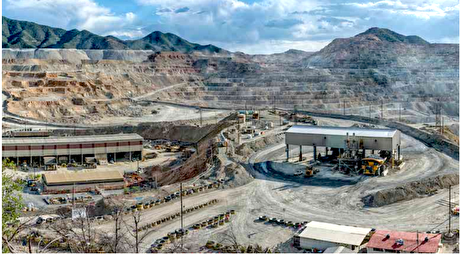
Southern Copper eyes $10.2B Mexico investment pending talks

American Tungsten gets site remediation plan approved for Ima mine in Idaho
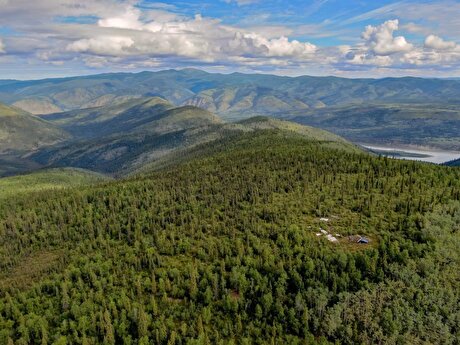
Kinross divests entire 12% stake in Yukon-focused White Gold

Gold price could hit $4,000 by year-end, says Fidelity

Southern Copper expects turmoil from US-China trade war to hit copper

Ramaco Resources secures five year permit for Brook rare earth mine in Wyoming

Column: EU’s pledge for $250 billion of US energy imports is delusional

Trump tariff surprise triggers implosion of massive copper trade

Maxus expands land holdings at Quarry antimony project in British Columbia

BHP, Vale accused of ‘cheating’ UK law firm out of $1.7 billion in fees

Southern Copper eyes $10.2B Mexico investment pending talks

American Tungsten gets site remediation plan approved for Ima mine in Idaho

Kinross divests entire 12% stake in Yukon-focused White Gold

Gold price could hit $4,000 by year-end, says Fidelity

Southern Copper expects turmoil from US-China trade war to hit copper

Ramaco Resources secures five year permit for Brook rare earth mine in Wyoming














